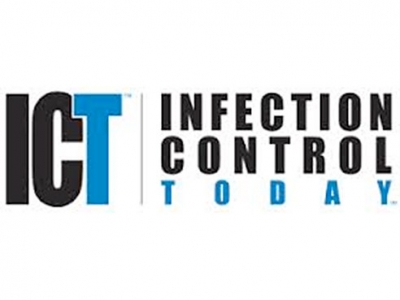In the News - News
The introduction of targeted therapy has transformed the care of patients with lung cancers by incorporating tumor genotyping into treatment decisions. Adenocarcinoma, the most common type of lung cancer, is diagnosed in 130,000 patients in the United States and 1 million persons worldwide each year.
Sarah Parcak, an archaeologist at the University of Alabama at Birmingham, is practicing what may be the most high-tech method of tracking looted sites and antiquities, using satellite imagery from DigitalGlobe, a satellite company, and Google Earth to identify what she calls "hot spots." Tracking regions where looting occurs, she says, may help law enforcement and officials identify looted artifacts before they turn up for sale.
When comparing the highest versus the lowest levels of between-visit variability in systolic blood pressure readings, there were greater risks of coronary heart disease, stroke, hospitalization for heart failure, and all-cause death through a maximum of 5.7 years of follow-up, according to Paul Muntner, PhD, of the University of Alabama at Birmingham (UAB) School of Public Health.
Last year, the U.S. Department of Homeland Security awarded [Dr. Ragib Hasan, researcher and director of the University of Alabama at Birmingham's Secure and Trustworthy computing lab] over half a million dollars to develop software and a mobile app for location provenance, which helps people securely record and then prove their physical location history on any given day.
Guess what? If your bathroom has the sink and toilet in one room, and you flush with the lid open, there is fecal matter on everything within a 5 to 6 foot radius. Flushing aerosolizes your poop, depositing bacteria like Escherichia coli, or E. coli, directly onto your toothbrush —a nd brushing with an E. coli-loaded instrument could make you sick. “This bacteria is associated with gastrointestinal disease,” says Dr. Maria Geisinger, DDS, an assistant professor and periodontist at the University of Alabama at Birmingham.
From The Washington Post
Sarah Parcak, an archaeologist at the University of Alabama at Birmingham, is practicing what may be the most high-tech method of tracking looted sites and antiquities, using satellite imagery from DigitalGlobe, a satellite company, and Google Earth to identify what she calls “hot spots.”
Sarah Parcak, an archaeologist at the University of Alabama at Birmingham, is practicing what may be the most high-tech method of tracking looted sites and antiquities, using satellite imagery from DigitalGlobe, a satellite company, and Google Earth to identify what she calls “hot spots.”
Bacterial and viral are the more prevalent and commonly discussed forms of meningitis, but one infectious disease expert at the University of Alabama at Birmingham says fungal meningitis stemming from Cryptococcus is the true “hidden epidemic” needing more attention — as it is deadly if it goes undiagnosed.





















